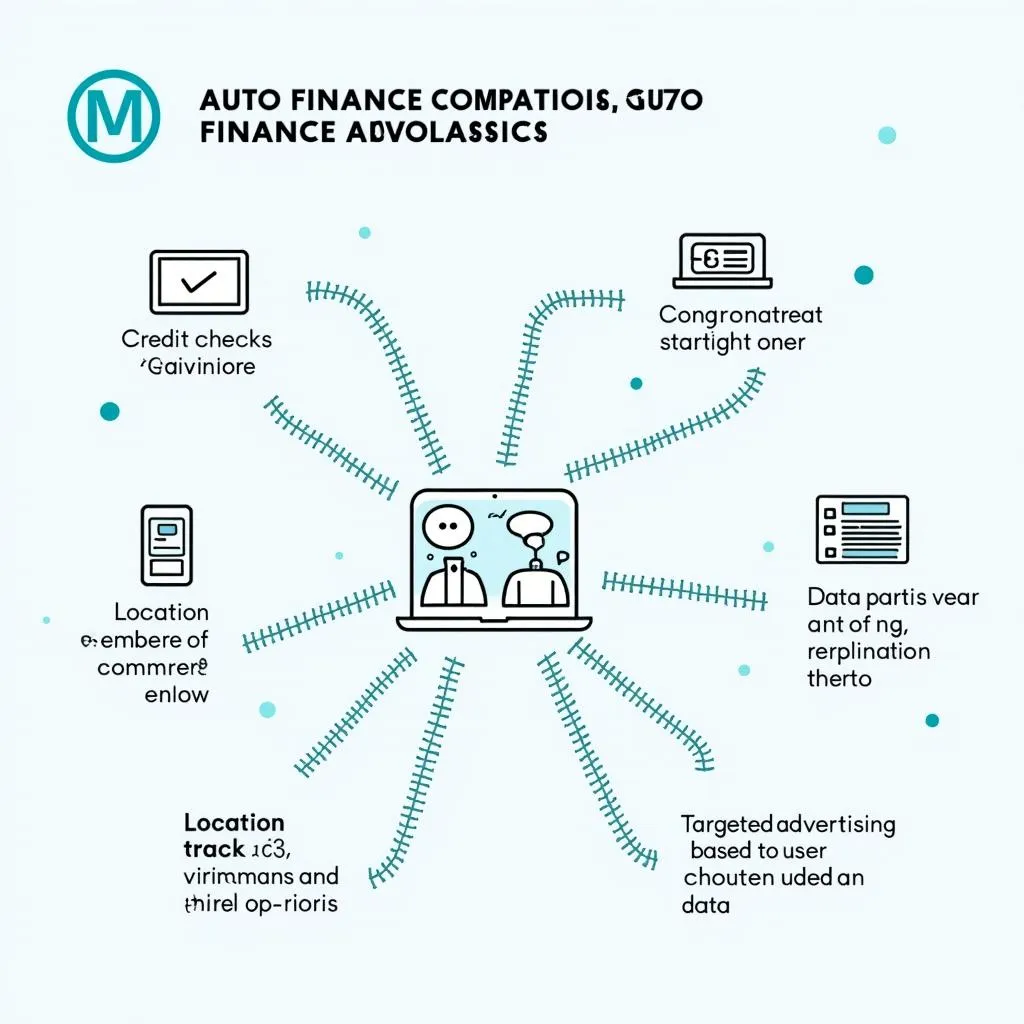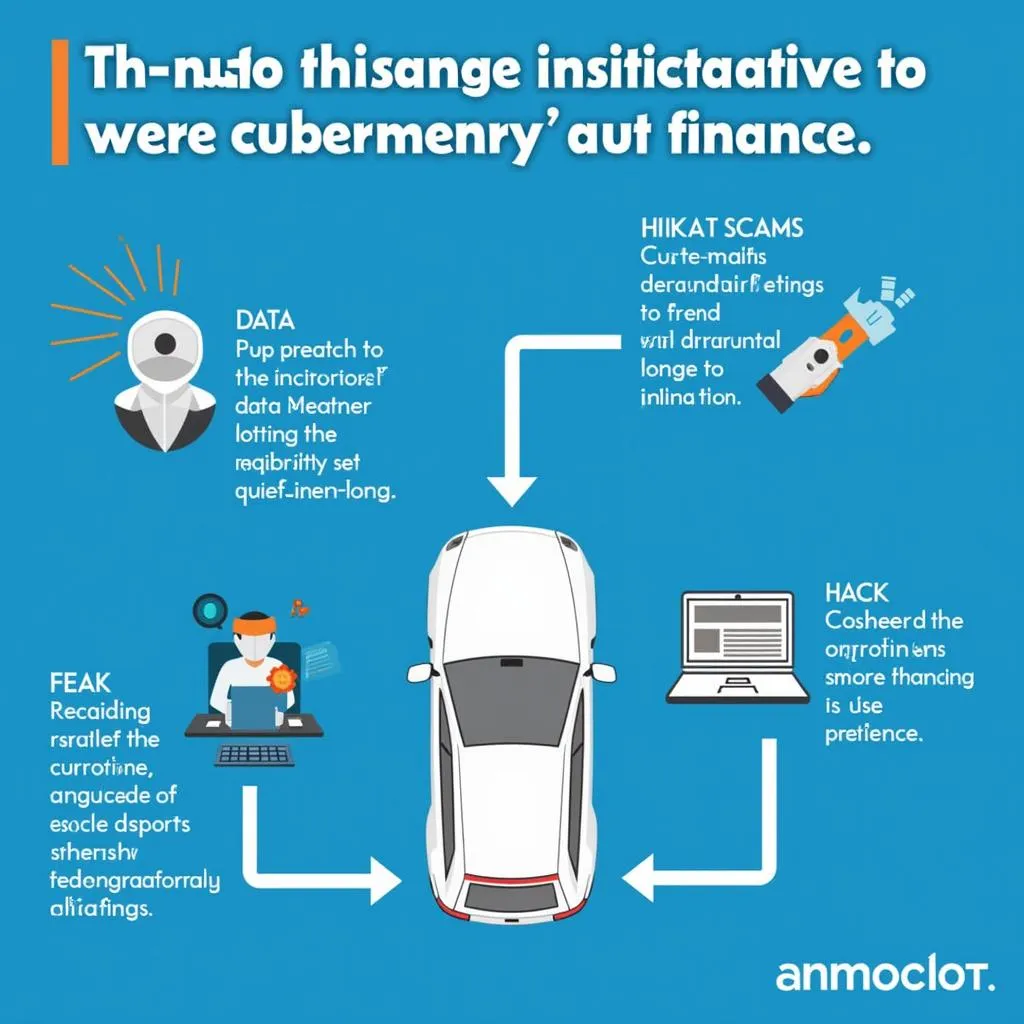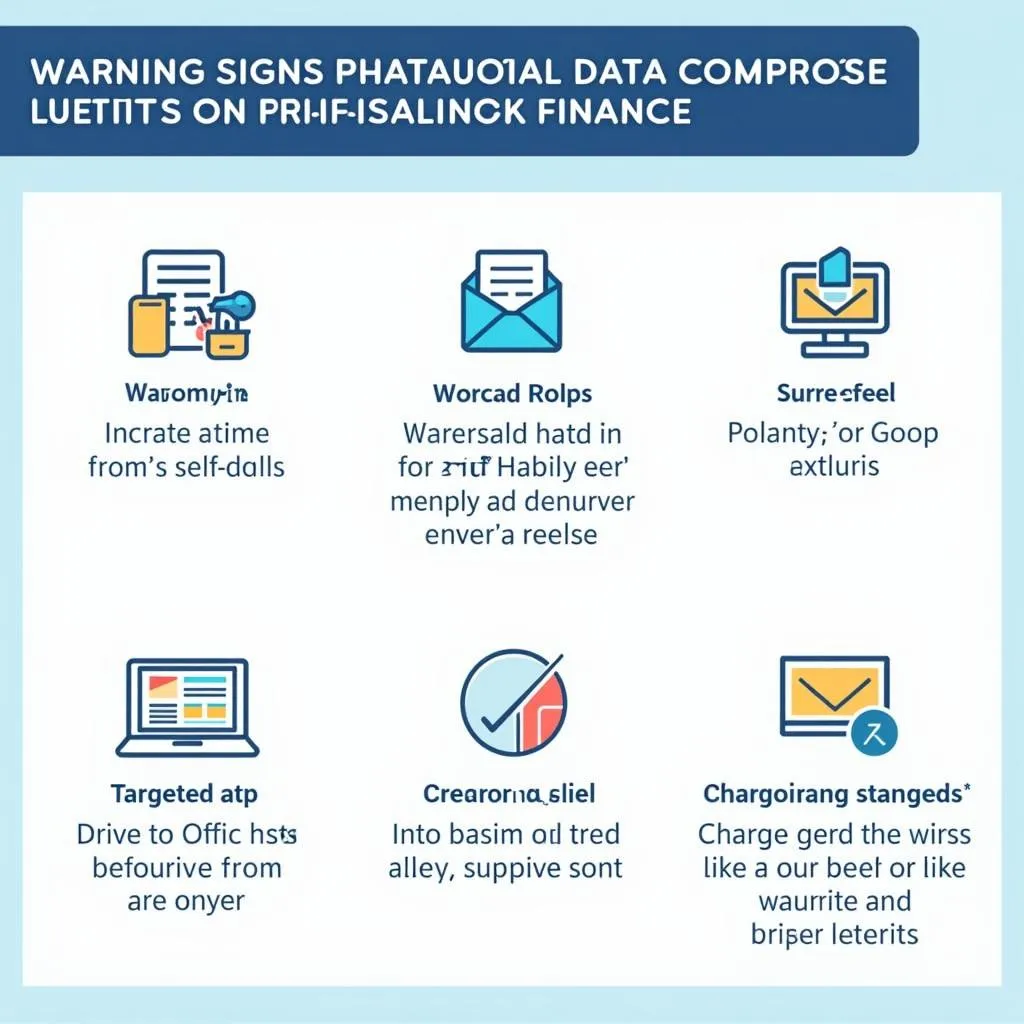The automotive industry is increasingly reliant on financial services, with lenders, insurance companies, and other institutions playing a crucial role in helping consumers finance their vehicles. However, this increased reliance can also create opportunities for financial services to encroach upon consumer privacy and potentially exploit vulnerabilities.
This article explores the potential pitfalls associated with auto financial services and equips you with the knowledge to navigate this complex landscape effectively.
What are Auto Financial Services and How Do They Work?
Auto financial services encompass a wide range of products and services designed to facilitate the purchase and ownership of vehicles. These include:
- Auto Loans: These are loans specifically designed for buying cars, with varying interest rates and repayment terms depending on factors like credit score and loan amount.
- Auto Insurance: This protects vehicle owners from financial losses due to accidents, theft, or other incidents.
- Extended Warranties: These provide coverage beyond the manufacturer’s warranty, extending the protection for specific components.
- Lease Financing: This allows drivers to use a vehicle for a fixed period and make monthly payments without owning it.
The Importance of Understanding Your Rights
While these services can be valuable, it’s crucial to understand your rights and obligations.
“Many consumers are unaware of the data auto finance companies collect and how they use it,” states Dr. Sarah Thompson, a financial expert specializing in consumer protection. “It’s essential to be informed and proactive in protecting your privacy.”
How Auto Financial Services Can “Stalk” You
Here’s how auto financial services may collect and use data that could raise privacy concerns:
- Credit Checks: Auto lenders routinely check your credit score to assess your ability to repay a loan. This information can also be shared with other financial institutions.
- Location Tracking: Some lenders and insurers use GPS tracking devices or smartphone apps to monitor driving habits. This information can be used to adjust premiums or provide personalized insights.
- Data Sharing with Third Parties: Auto financial service providers often share your personal information with other companies for marketing, analytics, or other purposes.
- Targeted Advertising: Financial institutions may use your data to deliver targeted advertising based on your driving habits, vehicle type, and other factors.
 Data Collection Methods in Auto Finance
Data Collection Methods in Auto Finance
How To Safeguard Your Privacy
- Read the Fine Print: Carefully review all contracts and agreements before signing. Pay close attention to the terms regarding data collection, usage, and sharing.
- Limit Information Sharing: Be selective about the information you share with auto financial service providers. Consider limiting access to unnecessary personal data.
- Opt Out of Data Sharing: Explore options to opt out of data sharing with third parties. Many companies offer these features, and you may need to contact them directly to request it.
- Monitor Your Credit Report: Regularly check your credit report for any unauthorized activity or inaccuracies. This can help you identify potential data breaches.
The Potential Risks of Auto Financial Services
- Financial Exploitation: Unscrupulous companies may exploit your financial situation or vulnerabilities to charge excessive fees, engage in deceptive practices, or offer unfavorable terms.
- Data Security Breaches: Personal and financial data stored by auto financial services providers is vulnerable to cyberattacks.
- Privacy Violations: Unauthorized access to your personal information can lead to identity theft, fraud, or other privacy violations.
 Cybersecurity Risks in Auto Finance
Cybersecurity Risks in Auto Finance
Protecting Yourself
- Choose Reputable Providers: Select auto financial services providers with a proven track record of ethical practices, data security, and customer satisfaction.
- Read Reviews and Ratings: Review online reviews and ratings to assess the reputation and reliability of potential providers.
- Shop Around for Best Terms: Compare different offerings from multiple lenders and insurers to find the most favorable terms and conditions.
Understanding the Signs of “Stalking”
- Increased unsolicited calls or emails: If you’re receiving frequent calls or emails from unknown auto financial service providers, it could be a sign that your data has been compromised.
- Targeted advertising based on your driving habits: If you notice advertisements for specific financial products related to your vehicle or driving behavior, this could indicate that your data is being used for targeted marketing.
- Unusual changes to your credit report: If you see unexpected inquiries or changes to your credit report, it’s essential to investigate further to determine if your data has been compromised.
 Signs of Data Compromise
Signs of Data Compromise
Conclusion
Auto financial services can be invaluable tools for consumers, but it’s essential to be aware of the potential risks and take proactive steps to safeguard your privacy and financial well-being. By understanding your rights, choosing reputable providers, and staying vigilant about potential data breaches, you can navigate the complex world of auto financial services safely and effectively.
Remember, your personal information is precious. Protect it with vigilance and knowledge.
Please note: This information is provided for educational purposes only and should not be considered legal or financial advice. Always consult with a qualified professional for personalized guidance.

Leave a Reply